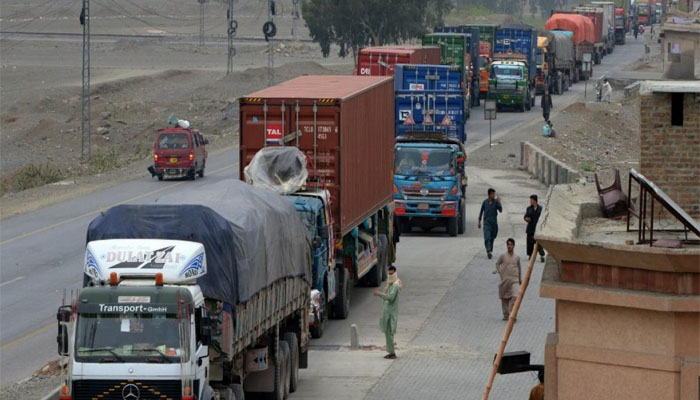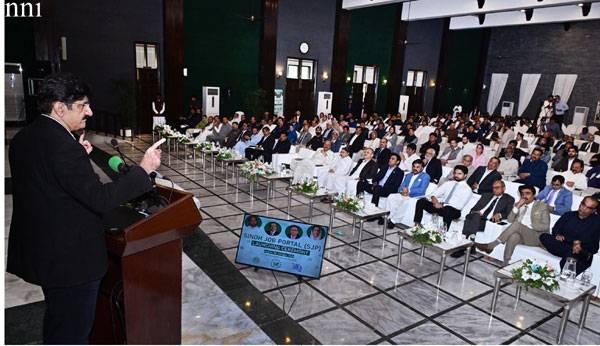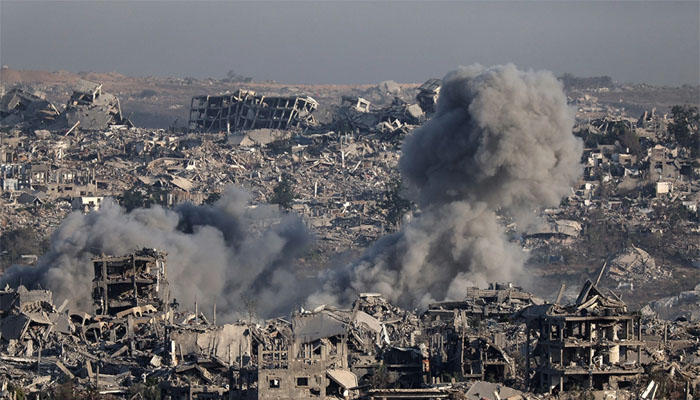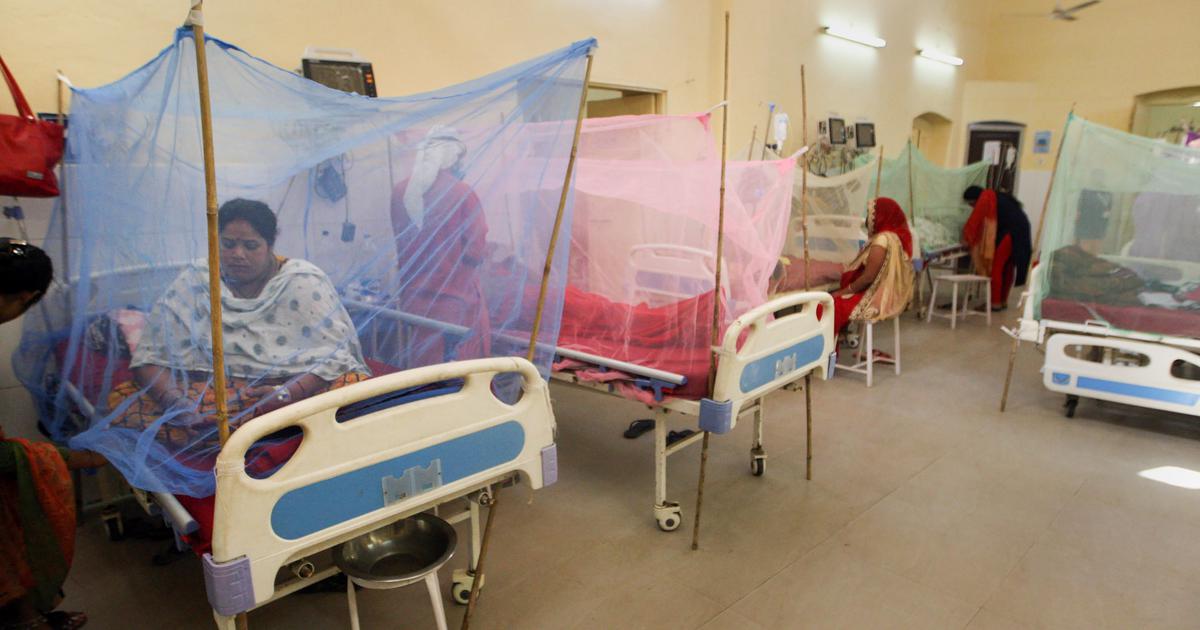Pakistan-Afghanistan Border Tensions Halt Trade for 13 Days

For the past 13 days, border crossings between Pakistan and Afghanistan have remained closed due to rising tensions. The closures at key routes have caused major disruptions in trade and travel. Long lines of trucks carrying fruits, vegetables, and other goods are stuck on both sides, and much of the perishable cargo has gone bad. The ongoing situation highlights how Pakistan-Afghanistan border tensions are severely affecting local businesses and traders.
At the Chaman crossing, known as Bab-e-Dosti, customs officials have allowed only vehicles carrying Afghan citizens to cross into Afghanistan. Hundreds of cargo trucks remain stranded at the site. So far, around 10,000 Afghan nationals have been sent back to their country, and more than 1,200 empty containers have re-entered Pakistan.
Also Read: Finance Ministry Report Shows Sharp Rise in Pakistan’s Debt
Despite efforts to resume trade, debris from recent clashes has not been cleared from the damaged trade routes. Authorities have proposed a phased reopening plan to gradually restore the movement of transit containers once security conditions improve.
Truck drivers waiting at Chaman and along the route to Karachi say that their shipments of meat, fruits, and juices have spoiled because of the long delay. They are urging both governments to resolve the issue quickly to prevent further financial losses.
Read More: Pakistan Highlights Need for Strong Regional Transport Cooperation
In addition to Chaman, the crossings at Torkham in Khyber, Angoor Adda in South Waziristan, Ghulam Khan in North Waziristan, and Kharlachi in Kurram District remain closed. Cargo vehicles are lined up for miles, waiting for the borders to reopen. Traders and locals hope that authorities from both sides will take steps soon to end the Pakistan-Afghanistan border tensions and restore normal trade activities.

Former Sindh CM Aftab Shaban Mirani Passes Away
17 hours ago

Young Mahnoor Ali Makes History in Pakistan Squash
17 hours ago

Turkey to Host Muslim Ministers for Gaza Peace Talks
18 hours ago

Turkey to Host Muslim Ministers for Gaza Peace Talks
ISTANBUL – Turkey will host a meeting of foreign ministers from Muslim countries on Monday to discuss the US peace…
Israel Returns Bodies of 30 Palestinian Prisoners Showing Signs of Torture Amid Fragile Gaza Truce
Israel on Friday handed over the bodies of 30 Palestinian prisoners to Palestinian authorities under a prisoner exchange agreement —…
White House Imposes New Restrictions on Journalists’ Access to Press Offices
Washington D.C.: The White House has announced new restrictions on journalists’ entry into its press offices, tightening access to senior…
Israeli Attacks Continue Despite Gaza Ceasefire, 3 Palestinians Killed
In Gaza, Israeli attacks continue despite the ceasefire, with fresh airstrikes in northern and southern Gaza resulting in the deaths…

Punjab CM Maryam Nawaz Launches Major Health and Digital Empowerment Program
Lahore — Punjab Chief Minister Maryam Nawaz Sharif has unveiled a historic initiative to enhance healthcare, safety, and digital empowerment…
Rapid increase in HIV cases among children in Nawabshah
A serious health concern has come to light in Sindh, as officials have reported a rapid increase in HIV cases…
Dengue and Malaria Cases Continue to Rise in Interior Sindh
Dengue and malaria continue to spread rapidly across Hyderabad and several districts of interior Sindh, as hospitals remain flooded with…
An incident of violence against polio workers in Karachi
An incident of violence against polio workers in Karachi took place in FB Area Block 14, Goharabad. A team giving…

Former Sindh CM Aftab Shaban Mirani Passes Away
KARACHI: Pakistan Peoples Party leader Aftab Shaban Mirani passed away…17 hours ago
Young Mahnoor Ali Makes History in Pakistan Squash
Mahnoor Ali, a 13-year-old Pakistani squash player, has become the…17 hours ago
Gold Prices Drop in Pakistan Amid Global Market Decline
Karachi: Gold prices in Pakistan fell on Saturday, November 1,…18 hours ago
Pakistan Increases Kerosene and Diesel Prices Amid Global Trends
ISLAMABAD: The price of kerosene oil in Pakistan increased on…18 hours ago


















